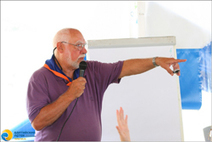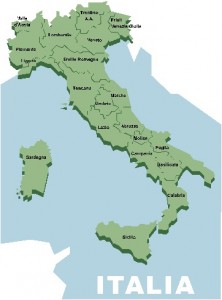Earlier this week I posted “Strengthen and Sustain Culture with Storytelling” from Nancy Duarte on LinkedIn. It instantly sparked reactions, also on other social media channels.
Storytelling in communications and marketing is not new but the fact that it can and should be applied to organizational culture is very relevant. As an organization you certainly want to live up to your mission/vision and attain your objectives. If you do it by retaining talent, motivating people intrinsically and making them feel ‘part of the game’, even better.
In line with the ongoing discussions about emotional intelligence and its importance for modern businesses, a story is an emotionally – and from a communication perspective very important – ‘tool’ that:
- bonds people together (not only the ones featuring in the story itself)
- conveys values and culture
- motivates intrinsically as people feel concerned
- visualizes objectives, measures etc. in a powerful way
- makes people remember what you were talking about
- etc.
As Ms. Duarte points out correctly in her TEDxEAST talk, “if you communicate and idea in a way that resonates, change will happen”.
Now, let me ask you: is your organization investing money into making people communicate more effectively with each other?
Have an excellent rest of the week,
Jenny









